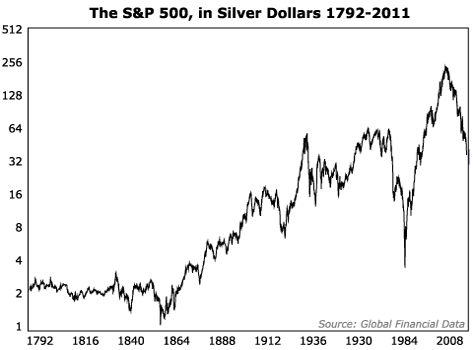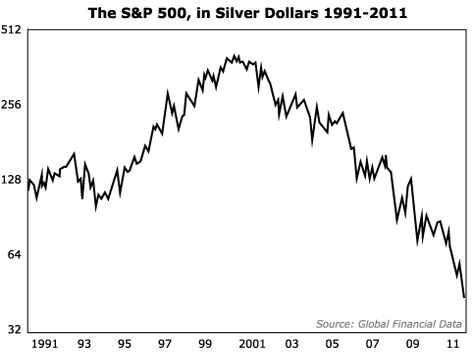fansince62
Guest
You forgot give it to the government
how's that any different from going out in my backyard and burning it?
You forgot give it to the government

Sooo... essentially, you don't give a damn what happens to poor people as long as it doesn't affect your standard of living? You would be happy if Congress/govt lowered taxes on you and stopped paying all entitlement programs? Not reconfigured them to improve efficiency and so on, but eliminated them all together?
That is some scary **** there, man.
And yet, I know many, many people who have the exact same mindset.
Nice to know the Compassionate Conservative doesn't exist anymore.

how's that any different from going out in my backyard and burning it?

This is not only opinion that you present as fact, it is inaccurate as hell. I'm poor, as is most of my family. I can assure you it isn't due to poor choices.As far as people being poor most are poor due to lifestyle choices witha few tweaks would definatly be able to survive better without government assistance

I find people like to throw a blanket over people on welfare and call them all lazy, or poor by choice, when in reality its far from the truth. There are people who take advantage of it for sure, but its the vast minority.
 That, ladies and gentlemen is what you call an actual fact being presented as fact.
That, ladies and gentlemen is what you call an actual fact being presented as fact. 

I find people like to throw a blanket over people on welfare and call them all lazy, or poor by choice, when in reality its far from the truth. There are people who take advantage of it for sure, but its the vast minority.

You do have to appreciate the overwhelming irony in his post.there..much better..
You do have to appreciate the overwhelming irony in his post.

It does completely change the context of thingsI always forget my sarcasm smiley. We really need to work on that.
Posted via BGO Mobile Device
 One major downside to posting on the internet: voice inflection and sarcasm are almost always missed.
One major downside to posting on the internet: voice inflection and sarcasm are almost always missed.This is not only opinion that you present as fact, it is inaccurate as hell. I'm poor, as is most of my family. I can assure you it isn't due to poor choices.
My father graduated from high school in 1969 as valedictorian. Since he came from a poor family, and the funds available now weren't as readily available then, he didn't go to college. Instead, he went to work for his then girlfriend's father who owned a local distribution company. He was making $30,000 which was unbelievably good back then. Five years in, the warehouse burned down and killed the old man, and my father was out of a job. He then went into route sales for Hostess, moved up to Pepsi for more pay, then again to Bridgford Foods where he was appointed regional supervisor in 1989 and earning $75,000 per year. Then he began having health problems that forced him to quit before he could collect full retirement. They gave him a pension, but only partial. At $1,840 per month, he is far from rich. Not a lifestyle choice, more reality kicking him in the nuts.
My story is very similar, as I have posted somewhere on this site, also not a lifestyle choice.
My neighbor went to college and got a business degree. He also obtained his realtors license after college and opened up his own company. He did great for a while, then the economy and housing market tanked. Since he had only been in it a few years, he lost his ass and is now working two part time jobs just to scrape by. Again, not a lifestyle choice.
You haven't joined any rooms.

 }})
